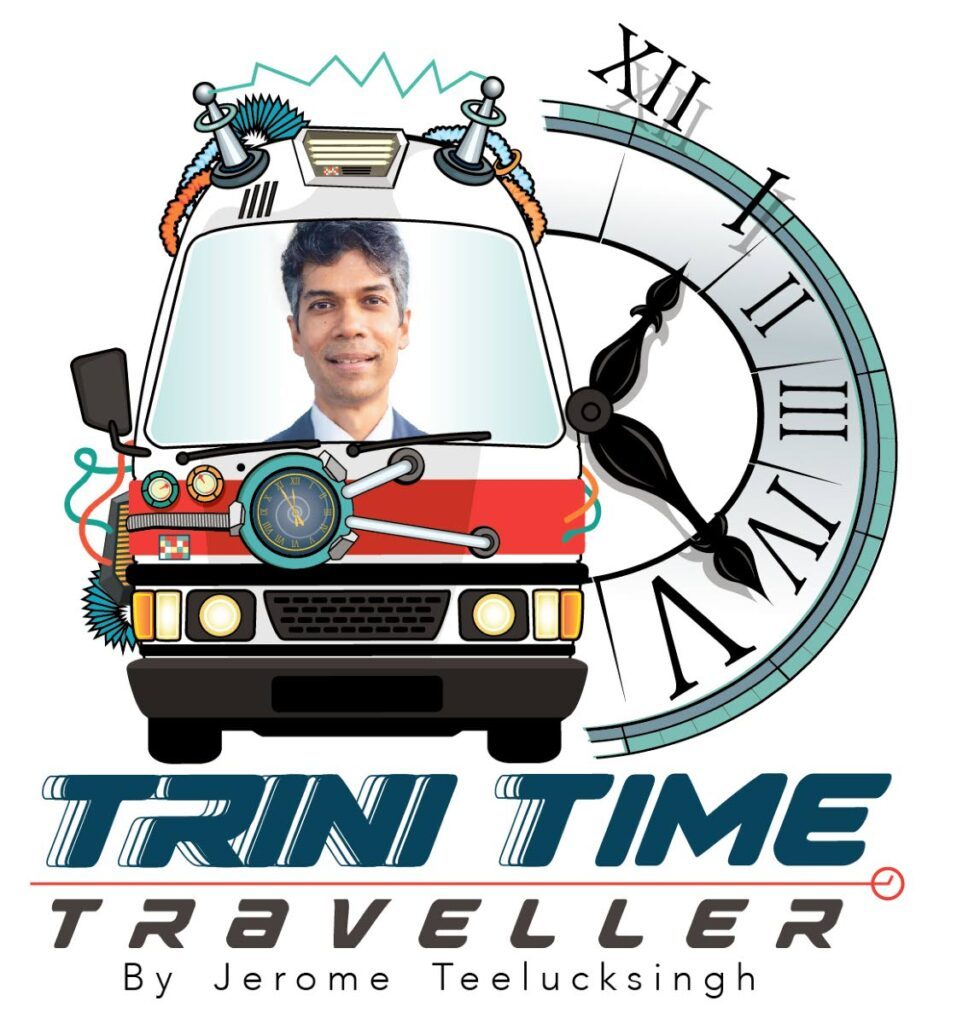Almost a white hero

Jerome Teelucksingh
“ALBERT GOMES faded from national consciousness…His successes are forgotten…” This analysis by Jeremy Taylor, in 2004, accurately depicts the manner in which a fighter for the voiceless and dispossessed has been relegated to the dustbin of history.
Few of us are aware of the monumental contributions of Albert Gomes. He was born in Belmont in 1911 and died in England in 1978. He was of Portuguese descent. Gomes migrated to the US to study journalism at City College in New York from 1928-1930. After, he returned to TT and became active in public life.
During the 1930s he was a pharmacist and would be elected to the Port of Spain City Council. He edited the Beacon magazine (1931-1933) and in his autobiography described it as “the focus of a movement of enlightenment spearheaded by Trinidad’s angry young men of the thirties.”
Gomes's connection with the grassroots was undeniable, as he was against the censorship of calypso, supported a stigmatised steelband movement and spearheaded the repeal of the 1917 Shouter Baptist Prohibition Ordinance.
By 1943 Albert Gomes and Quintin O’Connor were leaders of the Federated Workers Trade Union (FWTU) and saved the union from collapsing. Gomes recounted their crucial role:
“When Quintin and I took over the FWTU, its total membership was 11. Our office was the kitchen of an old building in one of the slum headquarters of Port of Spain. I particularly remember those early efforts to organise shop clerks.
"Quintin and I held our meetings in Woodford Square, a park in the heart of the shopping district of Port of Spain…our aim was to capture their attention as they passed through the square. We hoped this way to begin our indoctrination…more often we were addressing the grass and trees, and a few vagrants.”
After his failure to attract the clerical workers, Gomes used his influence as a member of the city council in 1938 to successfully incorporate the municipal workers into a renewed FWTU. He reflected on his role: “We began to organise municipal workers into the FWTU and were very successful, especially among the scavenger gangs, the street sweepers and those who burrow, often on their bellies, into the dark and malodorous labyrinth of underground drains beneath the surface of Port of Spain’s streets to wage war unendingly with their brooms against the ceaseless slime and debris.
"These workers, the vast majority of them Indians, took to tuberculosis and died with a truly remarkable ease and celerity. Little persuasion was required to arouse them to united action against their employers.”
Gomes and O’Connor led a campaign against Capt Arthur Cipriani (mayor of Port of Spain) and the city council. The FWTU was successful in negotiations for increased wages and improved working conditions for scavengers. This victory was primarily through the efforts of both union leaders, who inspired a scavenger strike in the city which lasted for several days.
In the aftermath, the FWTU worked in collaboration with Tubal Uriah Butler’s political party, the British Empire Workers and Citizens Home Rule Party (BEW+ CHRP). Gomes promoted co-operative efforts between the unions: “I have great sympathy with and respect for the Home Rule Movement and for Butler and Ramsarran and for those members of the Negro Welfare who had been consistent in the struggle.”
Furthermore, Gomes developed a close relationship with Butler’s allies in the Negro Welfare Cultural and Social Association (NWCSA) and also with Butlerites in La Brea and Point Fortin, where at least 140 workers of the La Brea branch of the FWTU, together with officers of the BEW+ CHRP, worked together in mobilising workers of the asphalt industry as they pledged to struggle for “the emancipation of the asphalt industry.”
In 1946, Gomes became a member of the executive council and had to end his association with the FWTU. Four years later he was appointed our country’s first minister of labour, commerce and industry.
Jeremy Taylor noted, “Gomes was convinced that no 'white' creole could lead the nationalist movement into self-government and independence, no matter how great his contribution had been.”
This perception is relevant in 2025. In the Caribbean we tend to casually judge people who are light-skinned, as Albert Gomes, as privileged or belonging to the wealthy one per cent of the population.
Furthermore, some of us use ethnicity as a criterion or political affiliation to determine who is a hero or heroine. As a result, people such as Gomes who are patriots have unfortunately been whitewashed from Caribbean history.

Comments
"Almost a white hero"